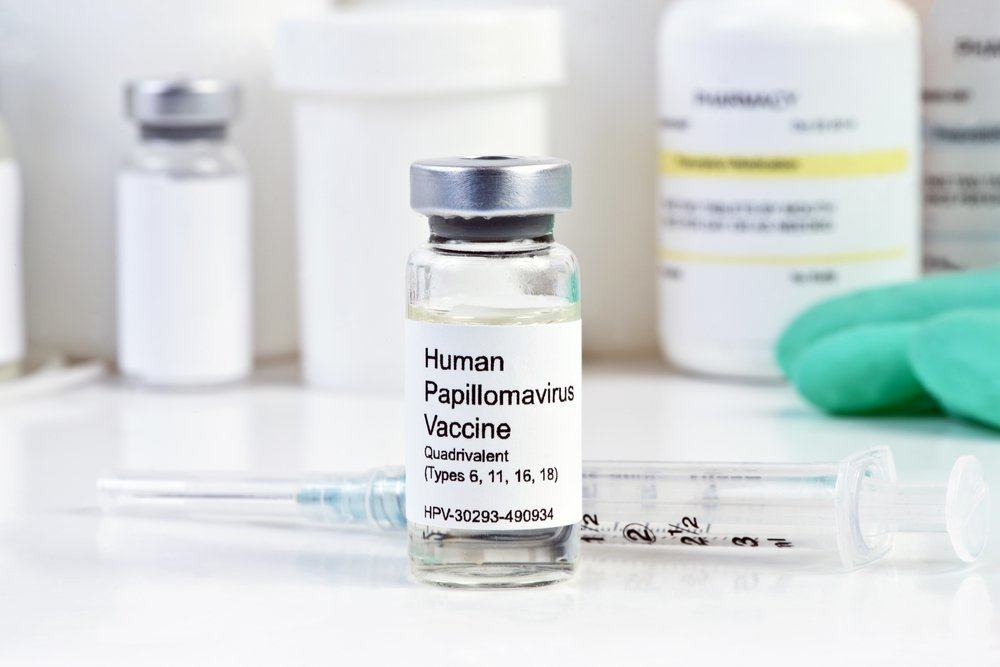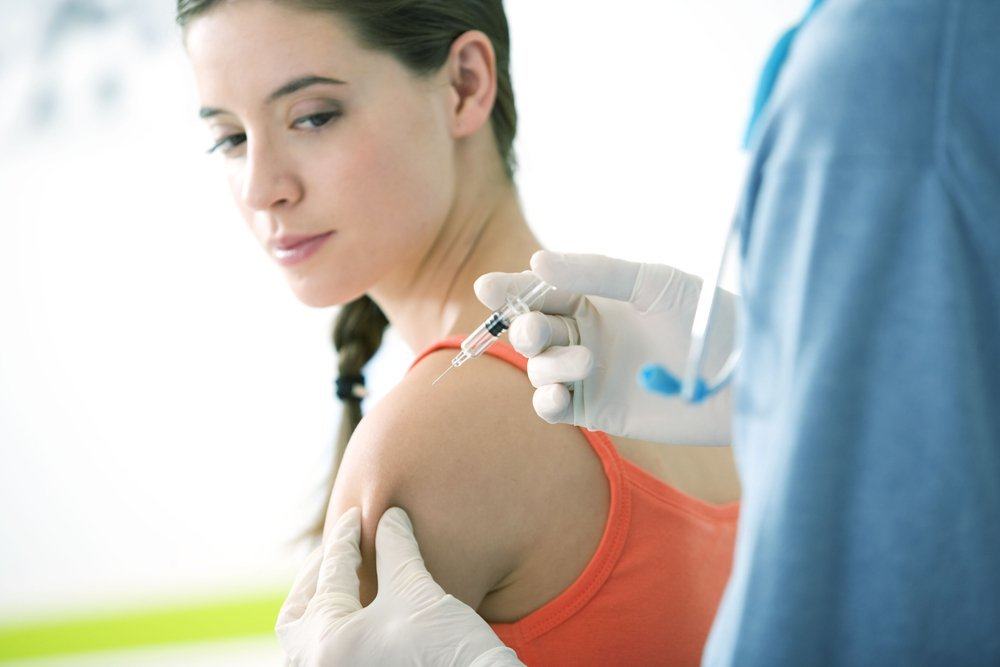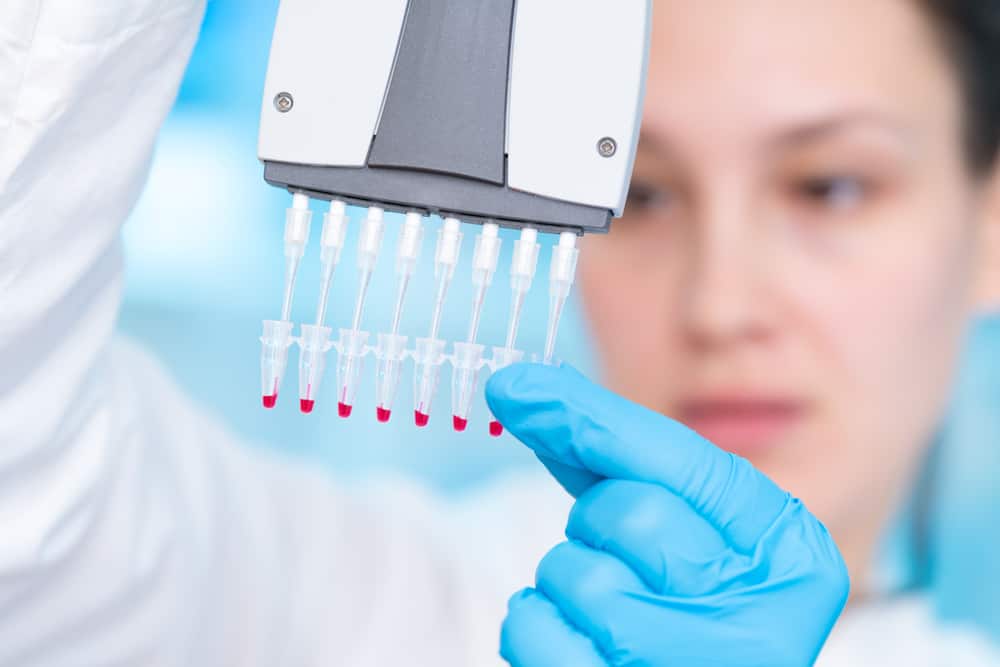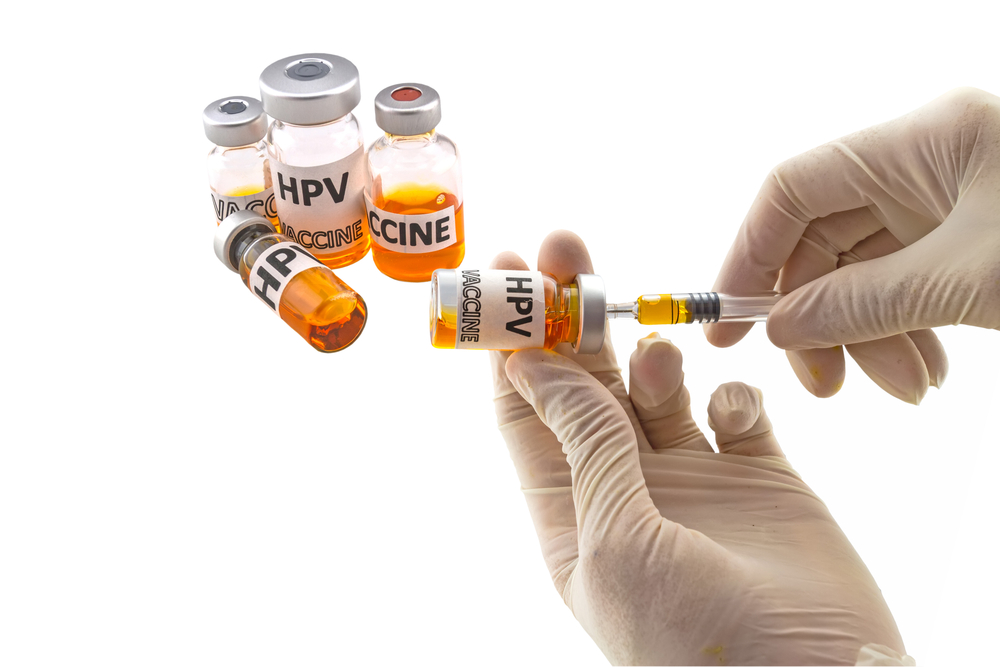Contents:
- Medical Video: Dr John D Pauling explains Anti Centromere Antibodies
- What is anticentromere antibody?
- When do I have to take anticentromere antibodies?
- What should I know before undergoing anticentromere antibodies?
- What should I do before undergoing anticentromere antibodies?
- How is the anticentromere antibody process?
- What should I do after taking anticentromere antibodies?
- What do the test results mean?
Medical Video: Dr John D Pauling explains Anti Centromere Antibodies
Definition
What is anticentromere antibody?
This test is used to diagnose CREST syndrome.
Sentromer is the main part of the chromosome that divides the chromosome into several parts. The centromer is attached on the mitotic spindle during cell division.
Centromere antibodies are a type of antinuclear antibody. These antibodies were detected in patients with CREST syndrome, a variant of scleroderma. CREST syndrome shows infiltration of lime syndrome, Raynaud's phenomenon, esophageal paralysis, stiff fingers and telangiectasias. In contrast, anti-centromere antibodies are rarely found in patients with scleroderma, a disease that is difficult to distinguish from CREST syndrome.
About 50% - 90% of anti-centromere antibodies were found to be positive in patients with scleroderma and 82% - 96% in patients with CREST syndrome. The sensitivity level of this test is 95%.
When do I have to take anticentromere antibodies?
This test is needed if you get a positive result from antinuclear antibodies (ANA) tests and have more than one symptom of CREST syndrome.
Symptoms include:
- calcification - accumulation of calcium in the body
- Raynauld's phenomenon - narrowing of blood flow to the fingers and toes, so that it becomes pale and purplish
- esophageal dysfunction - difficulty swallowing, acid reflux and heartburn
- scleroderma - the fingers and skin on the hands are tight, thick and shiny
- vasodilation - red spots on the skin caused by angioedema.
Prevention & warning
What should I know before undergoing anticentromere antibodies?
There is no correlation between antibody levels and the severity of the CREST syndrome.
There are possible outcomes of ACA positive in some diseases such as systemic lupus erythematosus, rheumatoid arthritis, or primary biliary fibrosis.
Usually, only patients with CREST symptoms are examined. However, some people may also be positive for ACA before experiencing symptoms. ACA can be examined together with other autoimmune diseases tests.
It is important that you understand the warnings above before running this test. If you have questions, consult your doctor for further information and instructions.
Process
What should I do before undergoing anticentromere antibodies?
Things to consider before undergoing the test:
- note the doctor's explanation of the test process
- fasting before the test is not needed
How is the anticentromere antibody process?
The medical personnel who are in charge of taking your blood will take the following steps:
- wrap an elastic belt around your upper arm to stop the blood flow. This makes the blood vessels under the bond enlarge making it easier to inject needles into the vessels
- clean the part to be injected with alcohol
- inject a needle into a vein. More than one needle may be needed.
- attach the tube to the syringe to fill it with blood
- remove the ties from your arms when taking blood is enough
- attach gauze or cotton to the injected part, after the injection is finished
- put pressure on the part and then put on a bandage
What should I do after taking anticentromere antibodies?
Even though you generally won't feel pain, some people can feel pain when a new needle is injected. But when the needle is inside the vein, the pain usually doesn't feel. Pain depends on the skills of the nurse, the condition of the blood vessels and your sensitivity to pain.
After the blood collection process, you are recommended to bandage with a bandage and lightly press your blood vessels to stop bleeding. You can do your usual activities after the test.
If you have questions about the process of this test, consult your doctor to understand further.
Explanation of Test Results
What do the test results mean?
Normal results:
Negative (If the result is positive, a serum calculation will be performed)
Abnormal results:
- weak positive: positive combined with titers (1:40 for human epithelial cell type, 1:20 for kidney cells).
- medium positive: detected when diluted once compared to the benchmark.
- strong positive: detected when diluted twice compared to the benchmark.
If your results are positive: you experience CREST syndrome.
Consult your doctor if you have questions about the test results
Hello Health Group does not provide medical advice, diagnosis or treatment.











